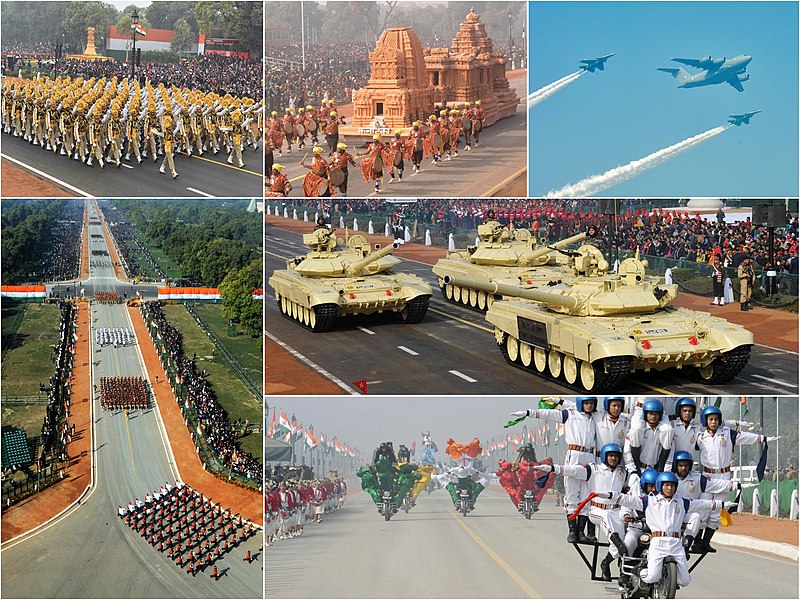Republic Day in India is celebrated on January 26th to commemorate the country’s transformation from a British Dominion to a sovereign, democratic republic. The date holds significant historical and symbolic importance. On January 26, 1930, the Indian National Congress declared ‘Purna Swaraj’ or complete independence, marking a pivotal moment in India’s struggle for freedom from British rule. This declaration laid the foundation for India’s eventual journey towards self-governance and democracy.
Two decades later, on January 26, 1950, the Constitution of India was adopted, officially establishing the Republic of India. This momentous occasion marked the transition from a constitutional monarchy to a democratic republic, where the power lies with the people. The choice of January 26th as Republic Day was a deliberate decision to honor the historical significance of both the ‘Purna Swaraj’ declaration and the adoption of the Constitution.
The symbolism of celebrating Republic Day on January 26th lies in its deep connection to India’s struggle for independence and the establishment of democratic governance. It serves as a reminder of the sacrifices made by countless freedom fighters who fought for India’s freedom and the vision they had for a democratic nation.
Republic Day is not merely a ceremonial event but also a reflection of India’s commitment to democratic ideals, as enshrined in the Constitution. It is a day to celebrate the principles of justice, liberty, equality, and fraternity that form the bedrock of Indian democracy.
One of the most iconic aspects of Republic Day celebrations is the grand parade held in the capital city of New Delhi. The parade showcases India’s rich cultural diversity, with colorful floats, traditional dance performances, and military displays. It is a visual spectacle that captivates the nation and the world, highlighting the unity in diversity that defines India.
The parade also serves as a celebration of India’s military prowess and national achievements. The armed forces, along with various state and central government departments, participate in the parade, showcasing their strength and capabilities. The event instills a sense of pride and patriotism among the citizens, reinforcing the idea of a strong and united India.
Republic Day has a global impact, emphasizing India’s commitment to democratic governance and serving as an educational platform to foster a deeper understanding of the Constitution and democratic principles. The celebrations are attended by foreign dignitaries and ambassadors, highlighting India’s democratic values and its role on the global stage.
Additionally, Republic Day provides an opportunity for citizens, especially students, to learn about the Constitution and democratic principles. Schools and educational institutions organize special programs and activities to educate students about the significance of Republic Day and the values it represents. This helps in nurturing a sense of civic responsibility and active participation in the democratic process among the younger generation.
While Republic Day is a time for celebration, it also prompts citizens to reflect on the challenges and aspirations of the nation. It calls for a commitment to upholding the values of justice, liberty, equality, and fraternity, which are the cornerstones of the Indian Constitution.
Republic Day serves as a reminder that the journey towards a more inclusive and prosperous India is an ongoing one. It inspires citizens to work towards creating a society where every individual’s rights and dignity are protected, and where the principles of democracy are upheld.
In conclusion, the celebration of Republic Day on January 26th holds immense historical and symbolic significance for India. It commemorates the country’s transformation into a democratic republic and serves as a reminder of the sacrifices made by freedom fighters. The grand parade and cultural showcase highlight India’s unity in diversity, while the global impact and educational platform of Republic Day emphasize India’s commitment to democratic governance. Ultimately, Republic Day is a time for reflection and a call to uphold the values that define the nation’s democratic spirit.












